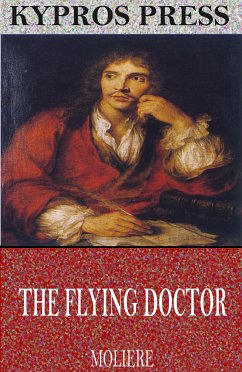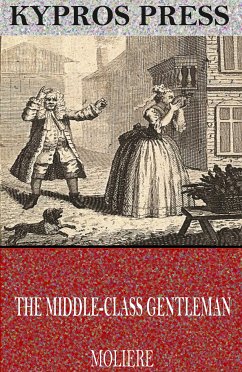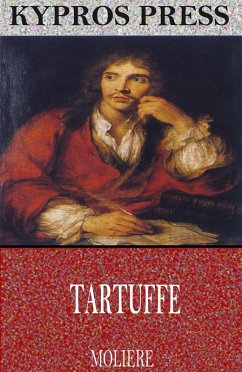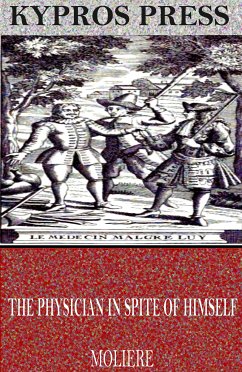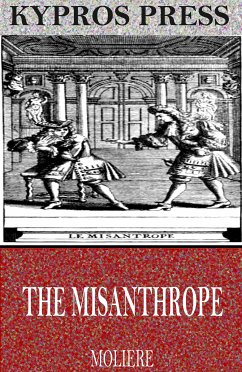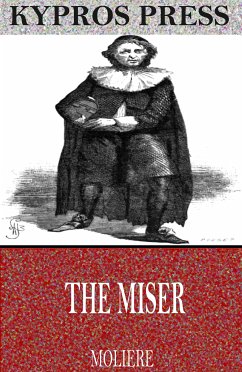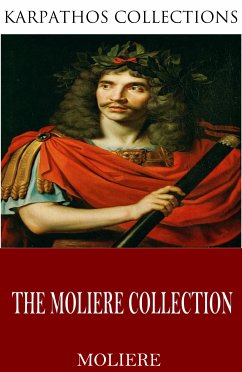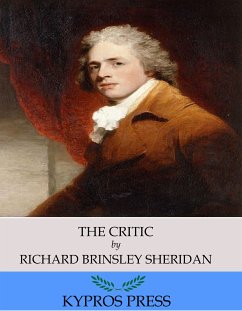
The Learned Women (eBook, ePUB)
Versandkostenfrei!
Sofort per Download lieferbar
1,82 €
inkl. MwSt.
Weitere Ausgaben:

PAYBACK Punkte
0 °P sammeln!
Molière was a French playwright who is considered to be one of the greatest comedians in all of Western literature. With classics such as Tartuffe, The School for Wives, and The Misanthrope, Molière is one of the most widely read playwrights in history. This edition of The Learned Women includes a table of contents.
Dieser Download kann aus rechtlichen Gründen nur mit Rechnungsadresse in A, B, BG, CY, CZ, D, DK, EW, E, FIN, F, GR, H, IRL, I, LT, L, LR, M, NL, PL, P, R, S, SLO, SK ausgeliefert werden.




